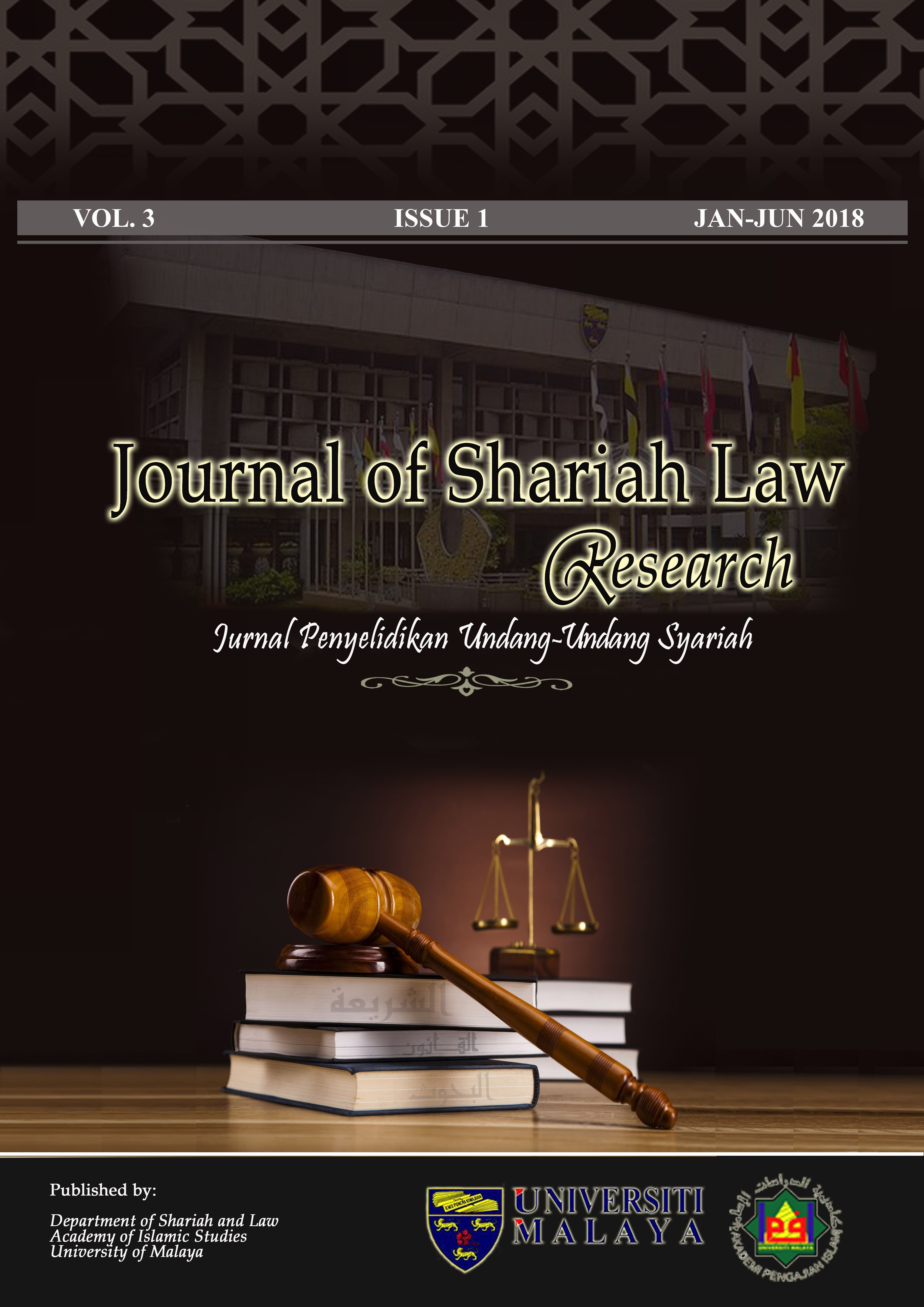HAK KANAK-KANAK UNTUK DIDENGAR: AMALAN DALAM PROSIDING ḤAḌĀNAH DI MAHKAMAH SYARIAH WILAYAH PERSEKUTUAN KUALA LUMPUR
Child Rights To Be Heard: Practice in Custody Proceeding in the Shariah Court of Federal Territory of Kuala Lumpur
DOI:
https://doi.org/10.22452/http://doi.org/10.22452/JSLR.vol3no1.2Keywords:
Article 12, convention on the rights of the child, custody, child rights to be heard, child rights in Islam, hadhanahAbstract
Convention on the Rights of the Child, 1989 under United Nation promotes the right of children. Malaysia is among countries that signed and ratified the Convention in 1995. One of the state party’s responsibility is to ensure that domestic laws relating children should fulfill the standard of the Convention. Article 12 of the
Convention provides the child’s right to be heard. This provision permits children to express their opinion in any matters including matters in family proceeding. However, in executing the Article 12 in domestic laws is a challenge. State parties such as United Kingdom, Canada, New Zealand and Japan facing this challenge as domestic laws in these countries do not fulfil the Article 12 wholly especially in custody proceeding. While in Malaysia, Section 84(2) of Islamic Family Law (Federal Territories) Act 1984, provides that a child who attained the age of discernment (mumayyiz) may choose to live with his mother or father. Hence, this study attempted to see either the section 84(2) is being practiced or not in the Shariah Court of Federal Territory of
Kuala Lumpur. Does it fulfil the standard of the Article 12 that allows every children of discernment age to give opinion before judge? This study applied the qualitative method through library research with reference to books, Islamic Family Law of Federal Territory and selected custody cases between year 2009-2011 at
Shariah Court of Federal Territory of Kuala Lumpur. The result of this study found that the number of settlement custody cases in not interviewing children of discernment age is much higher,
compared to interviewing them.





